Responding to the alarming findings of the World Health Organization's State of the World Physical Activity report, the IOC's Director of Health, Medicine and Science, Jane Thornton, expressed great concern: "The IOC is fully committed to playing its part by mobilizing the Olympic Movement to strengthen the role of sport in promoting healthier and more active communities, in line with Olympic Agenda 2020+5, but also in line with the Olympic Charter, which states that every individual must be able to practice sport."
International Olympic Committee promotes health strategies
Director Jane Thornton spoke alongside leaders from the World Health Organization, the World Economic Forum and the World Sporting Goods Industry Federation at the World Sporting Goods Industry Federation-hosted event ‘Physical Activity: A Strategic Imperative for Health’. In response to these alarming trends, the IOC, working closely with the World Health Organization, is taking a long-term strategic approach to tackling physical inactivity, through the development and implementation of initiatives aligned with two key global frameworks: the World Health Organization’s Global Action Plan on Physical Activity and the IOC’s Olympicism365 strategy.
"The International Olympic Committee and the World Health Organization have worked closely together for many years to agree strategies and implement specific programmes to strengthen the role of community sport and physical activity in reducing physical inactivity. Our joint efforts are based on recognised, cost-effective actions that are consistent with the two guiding frameworks," said Director Jane Thornton.
Speakers stressed that rising rates of inactivity, particularly among young people, pose a serious risk to the health and well-being of future generations.
“World Health Organization statistics show that 80% of adolescents do not meet the recommended levels of physical activity. This is particularly alarming, as it indicates that entire future generations are being physically inactive, negatively affecting their physical, mental and social health,” noted Emma Zweibler, CEO of the World Sporting Goods Industry Federation.
The official also pointed out that physical inactivity is a major contributor to non-communicable diseases, which are expected to cause more than 43 million deaths in 2021, according to the World Health Organization. "Recognizing that physical inactivity is a major modifiable risk factor for these diseases, the IOC's approach is to use sport as an enabler for comprehensive and systemic change," added CEO Emma Zweibler.
A prime example of this approach, highlighted by Director Jane Thornton, is the Sport and Public Health Partnership initiative, a joint programme between the International Olympic Committee and the World Health Organization, implemented with the support of the global NGO PATH. Currently operating in Ghana, Tanzania, Vietnam, Peru and Nepal, the initiative strengthens collaboration between the sports and health sectors to improve public health outcomes.
To complement this grassroots work, the IOC is investing in social behaviour change through public campaigns. One of the most prominent initiatives is ‘Let’s Move’, a global initiative launched in June 2023. In just two years, more than 30 million people have been physically active through ‘Let’s Move’ and Olympic Day activities. This year, people will be encouraged to choose +1 and start their journey of activity and solidarity, starting on Olympic Day on 23 June.
“The ‘Let’s Move’ campaign highlights that movement and sport are for everyone, not just elite athletes. We are committed to continuing to expand the reach and impact of this campaign,” said Director Jane Thornton.
This focus on promoting movement at scale is also reflected in the legacy of the Paris 2024 Summer Olympic Games, which inspired the introduction of a nationwide programme promoting 30 minutes of daily physical activity in French schools, demonstrating that the Olympic Games can act as a catalyst for long-term behavioural and policy change.
The IOC also continues to support National Olympic Committees in implementing sport for health initiatives on the ground. These efforts are underpinned by the Olympic Values Initiative, which provides financial support through the Olympic Solidarity Initiative to National Olympic Committees that are expanding access to sport, particularly in underserved areas. Director Jane Thornton highlighted how cross-sector collaboration remains central to the IOC’s strategy to promote the impact of sport on health and development.
This collaborative approach will be at the heart of the upcoming Olympicism365 Summit: Sport for a Better World, taking place from 3 to 5 June, which will bring together partners from around the world to showcase and celebrate the collective impact of sports-based initiatives and explore new opportunities for joint action across key areas such as health, inclusion and education.
Source: https://bvhttdl.gov.vn/uy-ban-olympic-quoc-te-thuc-day-cac-chien-luoc-ve-suc-khoe-20250603140519079.htm


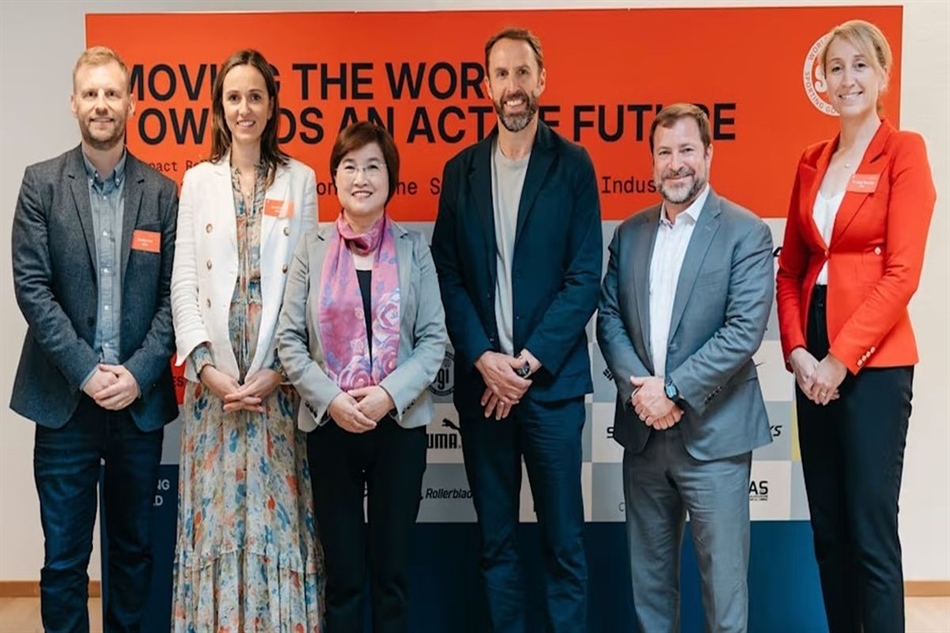






















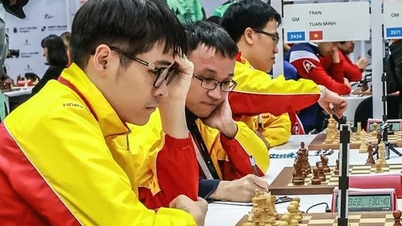


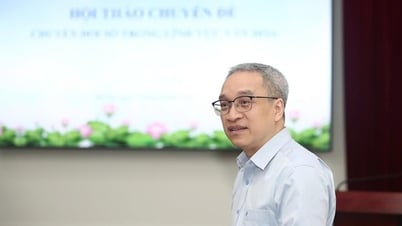
















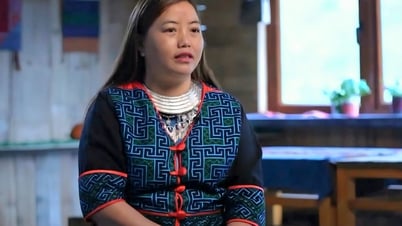

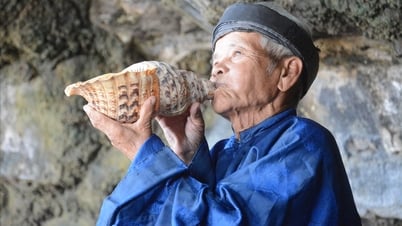











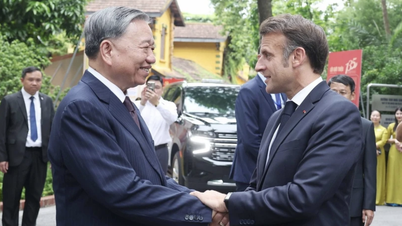



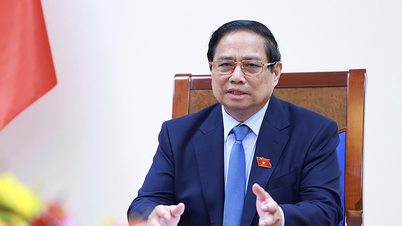
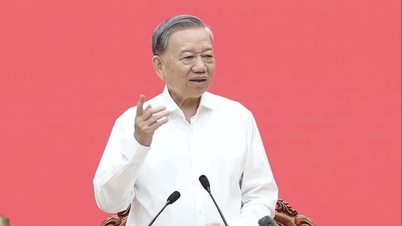

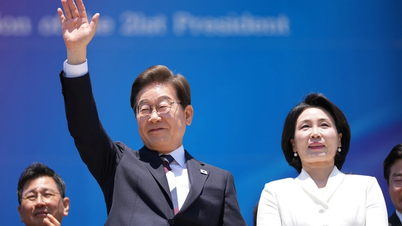
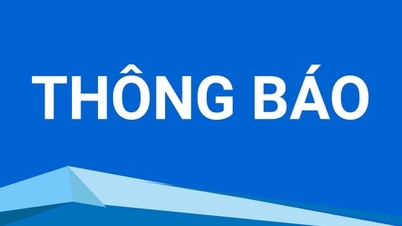











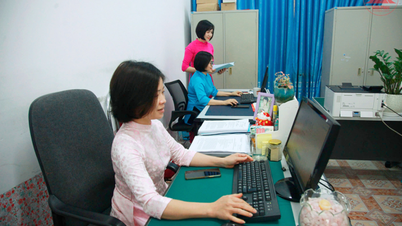










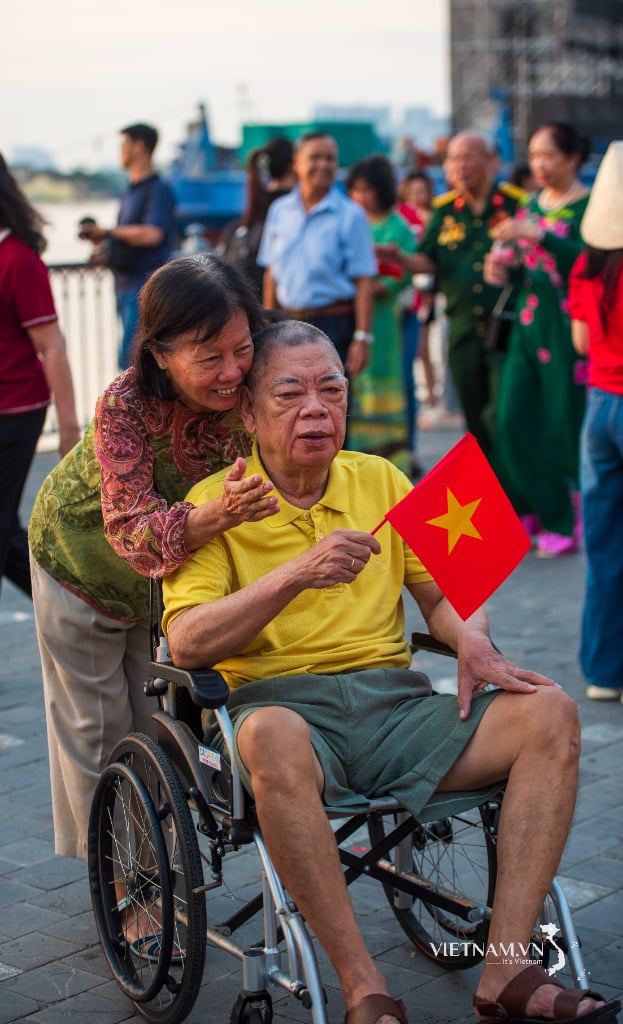

Comment (0)